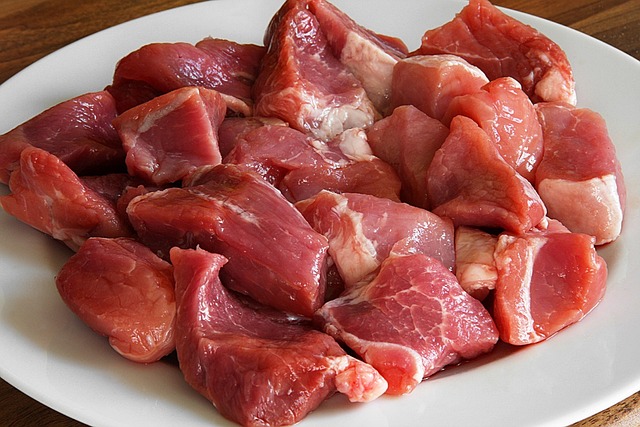-
Meat imports decline by 4% as Filipinos eat less pork, beef
-
Volume fell to 817.35 million kilograms from January to August 2023 from 851.84 million kgs in 2022
-
Importers feeling the effects of low consumption and rising global prices
Philippine meat imports declined 4% as Filipino consumers eat less pork and beef amid rising global prices, according to the latest data from the Bureau of Animal Industry (BAI).
Volume decreased to 817.35 million kilograms from January to August this year from 851.84 million kg in the same period in 2022.
For August alone, the country imported 115.11 million kg, down 1.5% from the past year.
But the August volume of imported meat and meat products is an improvement from the volume in July, ending a three-month downtrend.
For the eight-month period, pork imports made up nearly 50% of total meat volume, down 12.7%. Chicken came next with a share of 35.4%, up 18.3%. Beef imports reached 91.68 million kg, down 16.7%.
Buffalo totaled 29.31 million kg. The country also purchased 563,298 kg of lamb; 229,302 kg of duck; and 168,697 kg of turkey.
Brazil was still the country’s leading source of imported meat, with a share of 32.2%, mostly comprising chicken meat (166.15 million kg).
The US followed with 142.25 million kg (chicken), and Spain with 102.41 million kg (mostly pork).
“Importers are now feeling the effects of the low consumption coupled with high prices abroad,” said Meat Importers and Traders Association president emeritus Jesus Cham.
“Market has been very tough and [we] hear [that] many importers are lying low. It would not be surprising for importers to be more conservative,” added Cham.
The United Nations Food and Agriculture Organization earlier projected the country would likely import less pig and more poultry meat this year due to growing internal demand amid tight domestic supplies, high prices, more active food services sales, and relative affordability.
But the rising availability of local supply and declining consumer purchasing power amid high food prices and economic downturns are seen to reduce demand from most meat-importing countries, partially offsetting price increases, FAO said.
President Ferdinand Marcos, Jr. signed Executive Order No. 10, series of 2022, on December 29, 2022, extending lowered tariffs on several food items until Dec. 31, 2023 to ensure their affordability.
The most favored nation rates on fresh, chilled, or frozen meat remained at 15% (in-quota) and 25% (out-quota).
RELATED READ: Duty cuts on imported pork, rice, coal extended









